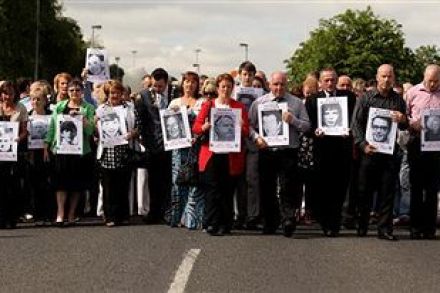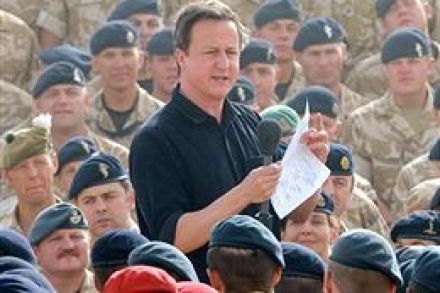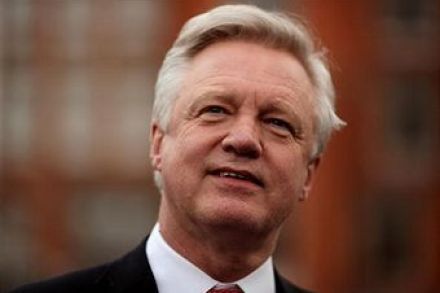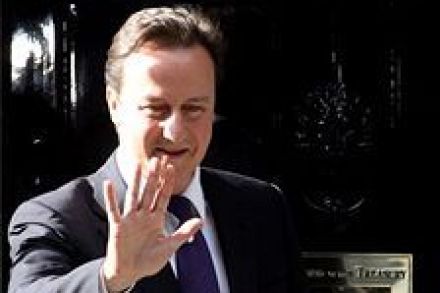Cameron is dignified in trying circumstances
As David says, the conclusions of the Saville Inquiry make for grim reading. One person with close links to the services who served in Northern Ireland just told me, ‘it is far worse than we expected.’ In the House, David Cameron’s statement on it was heard in subdued silence. It would be remiss not to say that David Cameron dealt with this situation as well as anyone could. There was no equivalent to Jonathan Powell’s disgraceful statement that ‘the war against Irish terrorism was not our war’. He pointed out the context of the event and the fact that it was very much the exception rather than the rule of



















